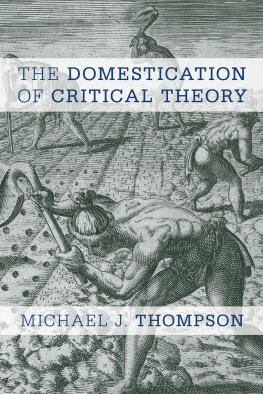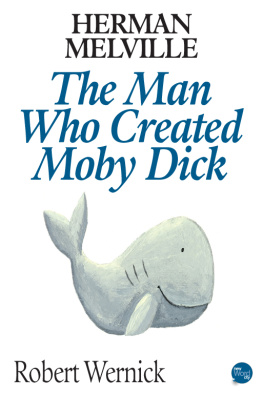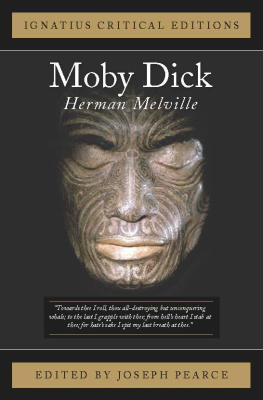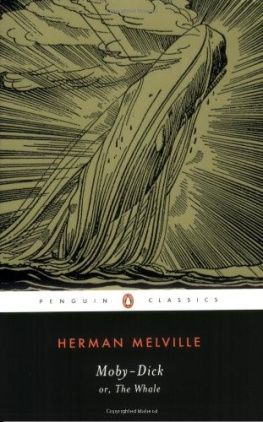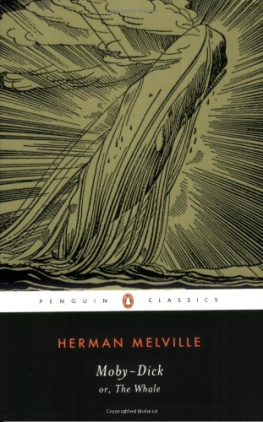Thompson - Herman Melville
Here you can read online Thompson - Herman Melville full text of the book (entire story) in english for free. Download pdf and epub, get meaning, cover and reviews about this ebook. publisher: University of Massachusetts Press, genre: Detective and thriller. Description of the work, (preface) as well as reviews are available. Best literature library LitArk.com created for fans of good reading and offers a wide selection of genres:
Romance novel
Science fiction
Adventure
Detective
Science
History
Home and family
Prose
Art
Politics
Computer
Non-fiction
Religion
Business
Children
Humor
Choose a favorite category and find really read worthwhile books. Enjoy immersion in the world of imagination, feel the emotions of the characters or learn something new for yourself, make an fascinating discovery.

- Book:Herman Melville
- Author:
- Publisher:University of Massachusetts Press
- Genre:
- Rating:3 / 5
- Favourites:Add to favourites
- Your mark:
- 60
- 1
- 2
- 3
- 4
- 5
Herman Melville: summary, description and annotation
We offer to read an annotation, description, summary or preface (depends on what the author of the book "Herman Melville" wrote himself). If you haven't found the necessary information about the book — write in the comments, we will try to find it.
Herman Melville — read online for free the complete book (whole text) full work
Below is the text of the book, divided by pages. System saving the place of the last page read, allows you to conveniently read the book "Herman Melville" online for free, without having to search again every time where you left off. Put a bookmark, and you can go to the page where you finished reading at any time.
Font size:
Interval:
Bookmark:
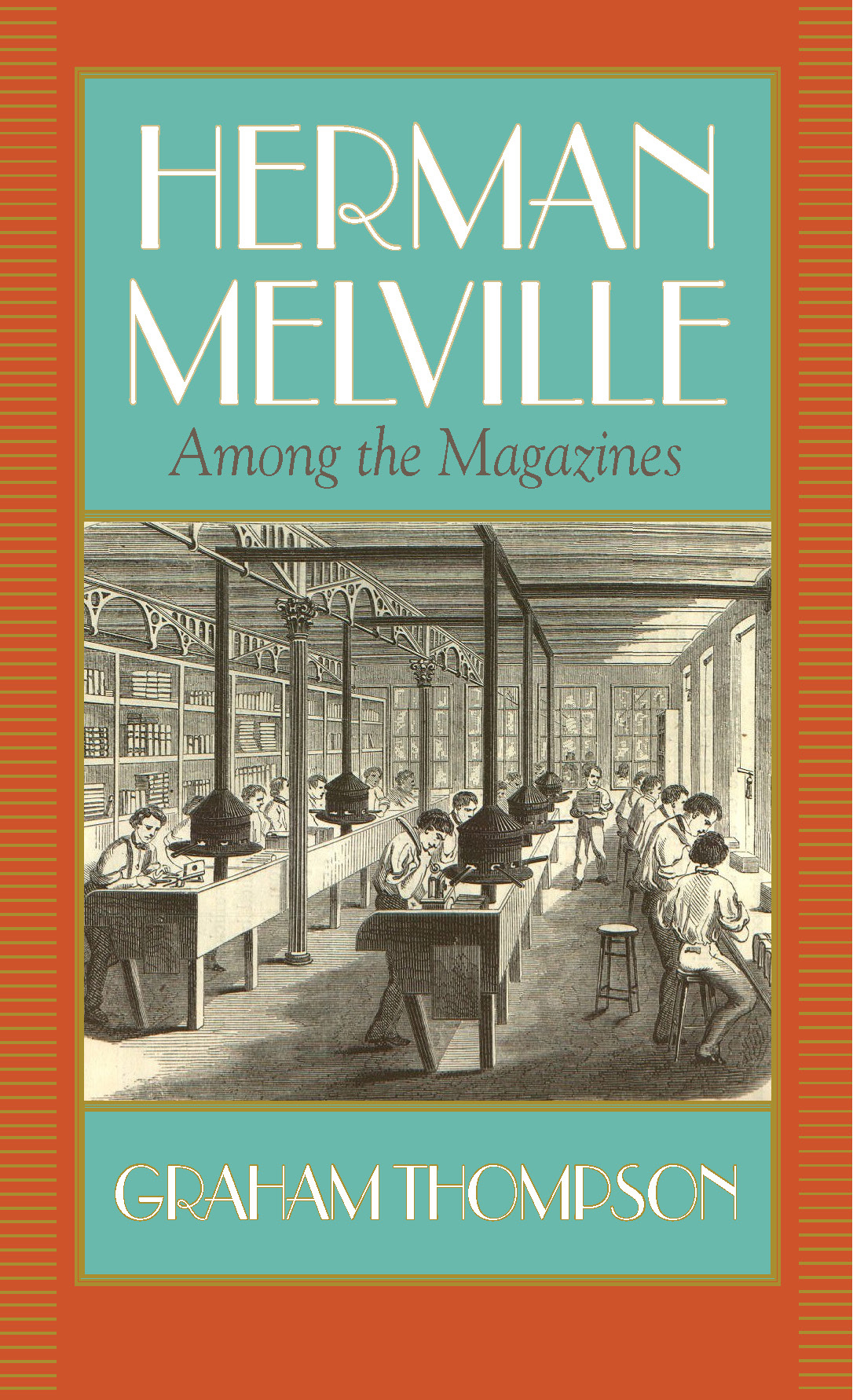
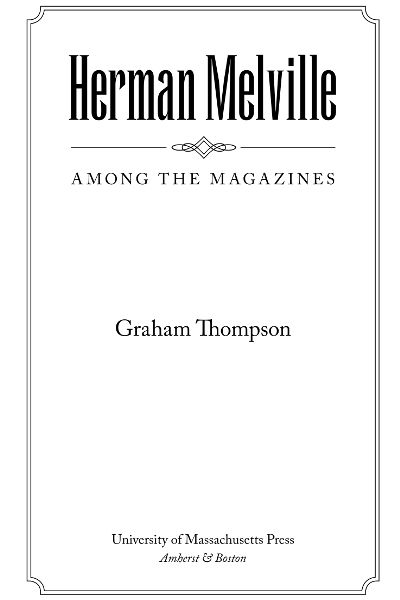
Copyright 2018 by University of Massachusetts Press
All rights reserved
Printed in the United States of America
ISBN 978-1-61376-560-9
Cover design by Sally Nichols
Cover illustration by Carl Emil Doepler, View of the Interior of the Finishing-room, 1855. From The Harper Establishment; or, How the Story Books Are Made by Jacob Abbott.
Library of Congress Cataloging-in-Publication Data
Names: Thompson, Graham, 1965author.
Title: Herman Melville : among the magazines / Graham Thompson.
Description: Amherst : University of Massachusetts Press, 2018. Includes |
bibliographical references and index.
Identifiers: LCCN 2017020929| ISBN 9781625343246 (pbk.) | ISBN 9781625343239
(hardcover)
Subjects: LCSH: Melville, Herman, 18191891Criticism and interpretation. |
PeriodicalsPublishingUnited StatesHistory19th century |
Literature publishingUnited StatesHistory19th century.
Classification: LCC PS2387 .T46 2018 | DDC 813/.3dc23
LC record available at https://lccn.loc.gov/201702029
British Library Cataloguing-in-Publication Data
A catalog record for this book is available from the British Library.
For Zoe
Ignorance is a great teacher. When I first wrote about Herman Melville nearly twenty years ago, I gave no thought to the original publication of a story I treated as a freestanding piece of fiction in need of interpretation. If, as part of my research, I did read somewhere that Bartleby, the Scrivener first appeared anonymously in the November and December 1853 issues of Putnams Monthly Magazine, then that information evidently went in one eye and out the other. I wasnt alone. Between the composition of The Happy Failure and The Fiddler in the summer of 1853 and the publication of The Piazza Tales in May 1856, Herman Melville published seven pieces in Harpers New Monthly Magazine and seventhree in serial formin Putnams, which also rejected The Two Temples and serialized Israel Potter. Harpers and Putnams, however, attract little more attention in the vast expanse of Melville criticism than an object to which Putnams compared itself in its first editorial of January 1853: a speck of star-dust in the celestial dairy of America.
Eventually, after more than ten years, the light from that speck of star-dust crossed the galaxy to land on my eye. The more I noticed its gleam, no amount of blinking would wipe it away. Melville worked exclusively as a magazine writer between the completion of his lost novel, The Isle of theCross, in 1853 and the publication of his final novel, The Confidence-Man, in 1857. He earned more money from magazine writing in these few years than from the combined sales during his lifetime of Moby-Dick, Pierre, and The Confidence-Man. The circulation of Harpers reached two hundred thousand per issue at its peak, which meant Melvilles writing reached a broader audience than ever before. Even the less popular Putnams sold many times more copies per issue than did Melvilles novels. Could these simple facts affect our understanding of Bartleby and Melvilles other stories? Were there new ways to understand Melville and the work he published in Harpers and Putnams if we reinstated their ties to 1850s periodical publishing? Were there more intricate stories to tell about Melvilles own magazine storytelling? This book is an attempt to overcome my own ignorance and to answer these questions. In short, its response is an emphatic yes.
Herman Melville: Among the Magazines is the first book to reconnect Melville to a cultural form that attained new significance in the nineteenth century. Putnams and Harpers were only two of thousands of magazines that lit up America. The number of weekly and monthly titles grew from a handful in 1800 to over three and a half thousand by the centurys end. Many more came and went along the way. A feature of literary life for several decades, magazines and periodicals grew in number from the 1830s and 1840s onward because of the development of a print industry taking advantage of mechanical advances in papermaking and printing, faster transportation networks, healthy literacy rates, and expanding and diversifying demand from educated urban consumers. Once established, the momentum of magazine culture was unstoppable. Multi-authored, serially published, and collaboratively produced, the magazine form bequeathed mass culture to America after the Civil War. Like many other writers, Melville was swept up in the surf of this magazine mania. Writing the book I discovered a new Melville embedded in the forgotten materials, editors, writers, and literary traditions of the magazine world.
I also found an author who responded to magazine writing with confidence rather than skepticism or anxiety. Melvilles work for Putnams and Harpers shows that he extended his fascination with the paper world on which he wrote and on which industrialized print culture relied; writing for magazines ratified Melvilles belief that authorship was a material as much as an intellectual activity and reaffirmed his sense of himself as a writer after the commercial failures of Moby-Dick and Pierre. To think of Melville as a downwardly mobile writer forced to grub along in an inferior literary sphere is to misunderstand his faith in his own art and the significance of magazines to the cultural habits of literate Americans. Melvilles writerly confidence is evident in the way he responded both pragmatically and with dazzling displays of innovation to the conventions of magazine publishing, the aesthetic and intellectual preferences of editors, and the staple genres of magazine content. Ranging across these genres as he wrote for Harpers and Putnams, Melville succeeded where many other writers in the 1850s failed: he reinvented the magazine sketch and tale traditions in ways that helped create the modern short story.
I prefer to tell the story of this literary achievement rather than read Melvilles magazine writing symptomatically for broader cultural, historical, or political diagnosis. In part, this is because the results of such diagnoses are already numerous and powerful. But there are two others reasons. First, concentrating on his literary achievements helps us better see Melvilles magazine years as a transitional phase in a long and varied career, one in which he was not always a writer, did not always have ambitions to be a writer, professional or otherwise, and would not always be a writer for whom making a living from writing was a primary concern. Second, that speck of star-dust leads the eye away from readers and their judgments to writers and their actions; from the complexities of various aspects of American history as they emerge in Melvilles representation of them to the contingencies of magazine publication. As much as they are literary narratives subject to interpretation following publication, Melvilles stories are objects that narrate their own journey to magazine publication. By reading Melvilles writing as magazine writing, I concentrate on the sequence that connected thinking, writing, and magazine publication and attend to the practicalities of writing that existed before the cycle of distribution, circulation, and reading was set in train.
I am grateful to the many people who helped turn up the dimmer switch on the narrow beam of light with which
Next pageFont size:
Interval:
Bookmark:
Similar books «Herman Melville»
Look at similar books to Herman Melville. We have selected literature similar in name and meaning in the hope of providing readers with more options to find new, interesting, not yet read works.
Discussion, reviews of the book Herman Melville and just readers' own opinions. Leave your comments, write what you think about the work, its meaning or the main characters. Specify what exactly you liked and what you didn't like, and why you think so.






